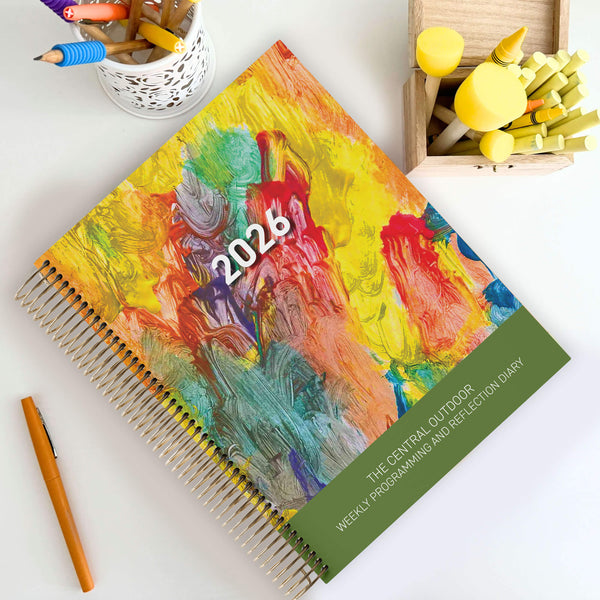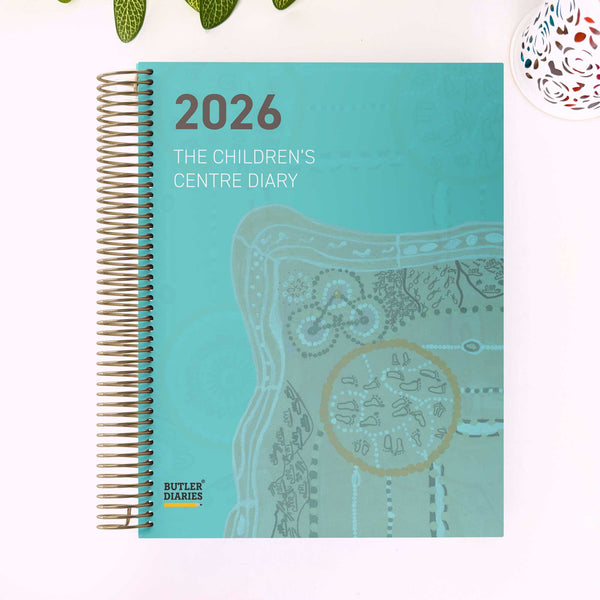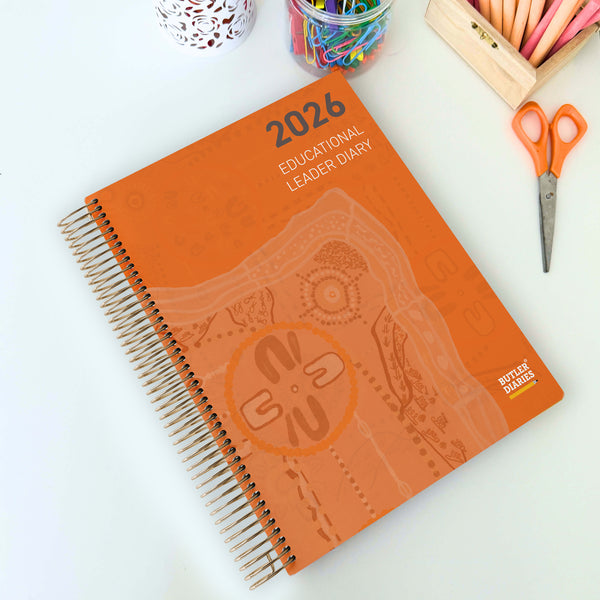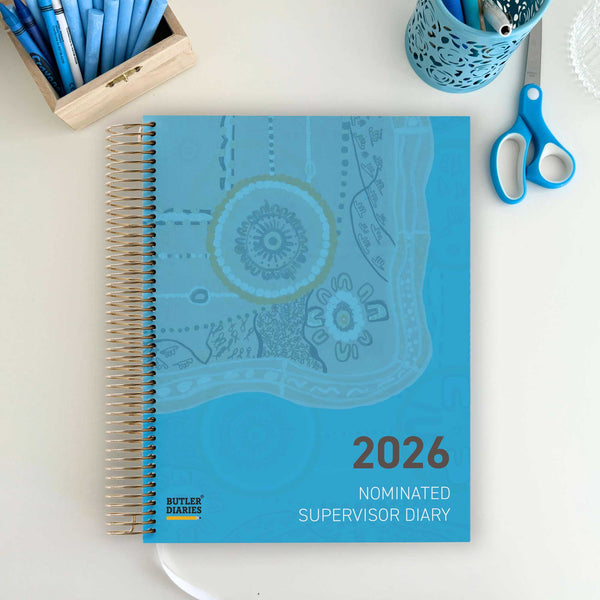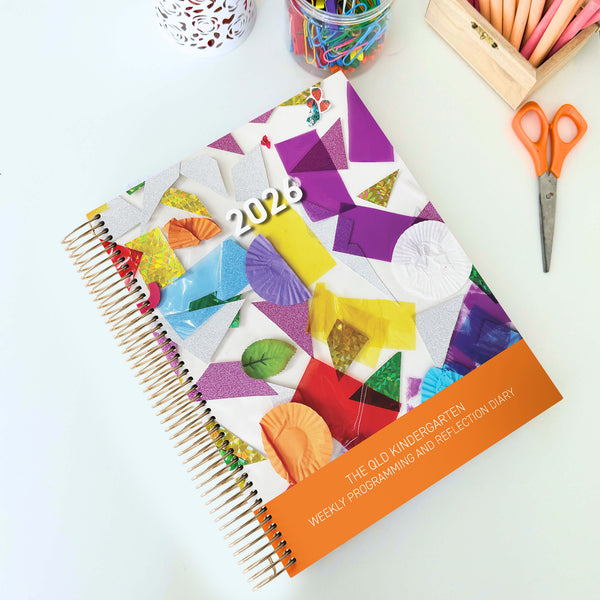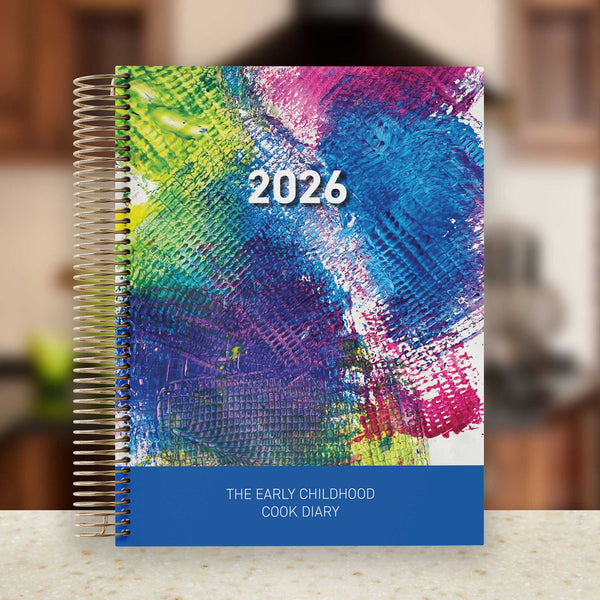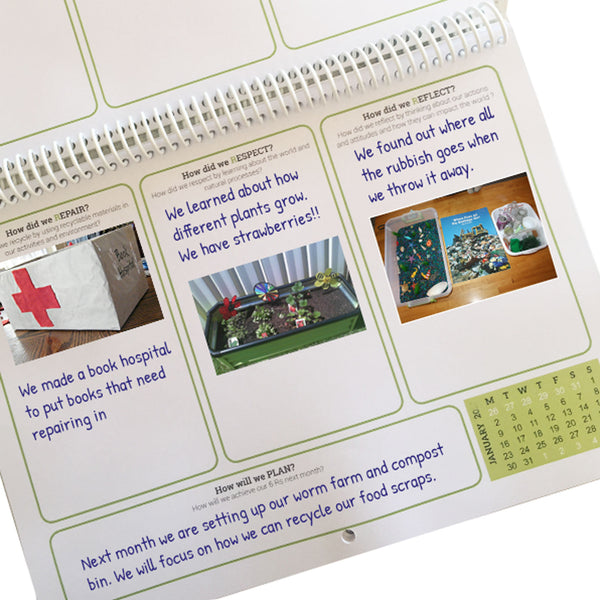After consultation with the department we learned that the Long Day Care Professional Development Programme (LDCPDP) do not endorse any specific professional development activity or resources. This is fair enough and below is what they said about claiming your funding.
"LDCPDP funding recipients need to identify through their Quality Improvement Plans what types of professional development they need for their specific service to improve the quality of care under the National Quality Framework, specifically the National Quality Standards (NQS). "
"While many activities promoted as LDCPDP eligible will be, some may not be. Long day care services need to make their own assessment as to whether the product meets the guidelines. (Note, if unsure please contact ldcpdp@education.gov.au for clarification.)"
If services can identify their specific needs and if Butler Diaries fill some of those needs they may be eligible to claim these against the funding. But only if purchased before 30 June 2017 and to be used/begun until the end of 2017 (therefore 2018 diary preorders are not eligible).
Our resources are designed to support educators, nominated supervisors and service providers with their ongoing requirements to plan and keep records to be compliant with the EYLF and NQS. Our tailored resources guide and prompt efficient and compliant practices leading to and enhancing the in-house professional development of qualified educators and trainees alike.
The LDCPDP Funding guidelines state that funding is available for (amongst other activities) "purchasing of materials such as text books, academic journals, teaching packs, subscriptions or minor resources."
Long day care services need to ensure that expenditure:
- Is commensurate with the needs of the educator
- Represents value for money
- Can withstand public scrutiny, and will not bring the service or the Commonwealth into disrepute
- Complies with existing legislation and requirements in relation to Occupational Health and Safety.
Our resources are useful for informal in-house training
The delivery of informal training may include:
- Events, conferences and forums
- Mentoring and coaching
- Informal sessions and networking
If our resources meet your needs be sure to purchase before 30 June and benefit from our fantastic products.











